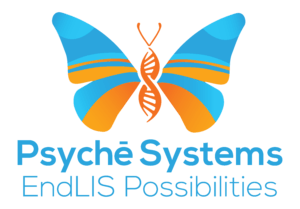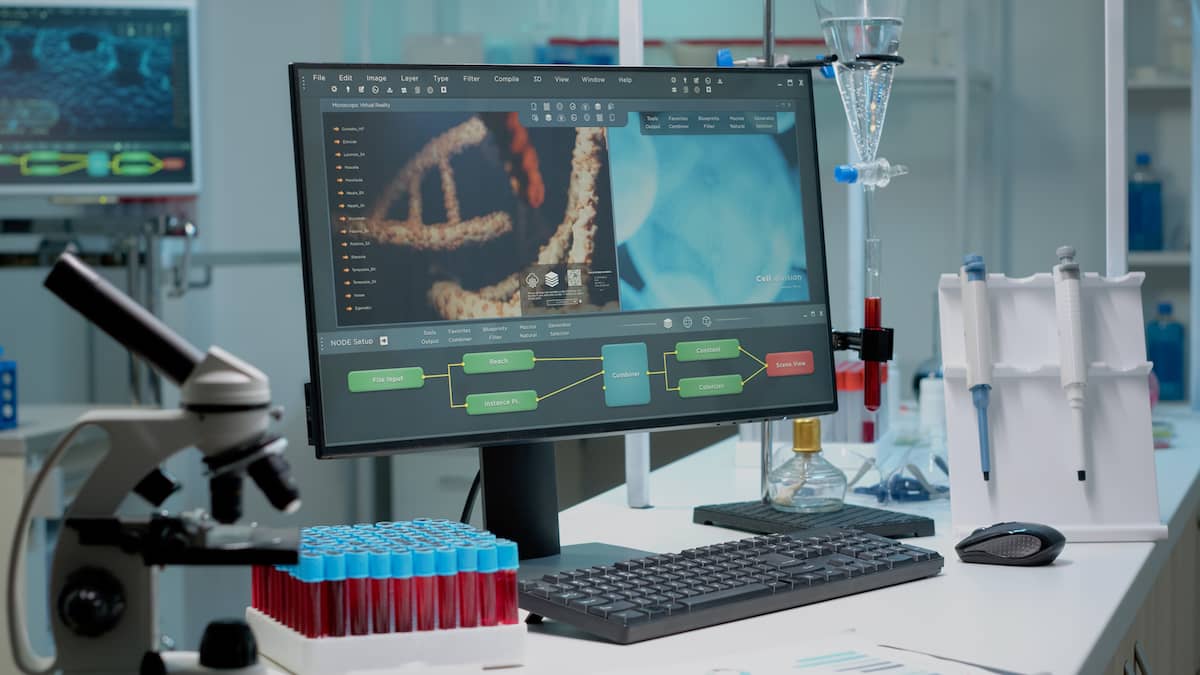A laboratory information system (LIS) is a type of software used in laboratories to store, process and manage crucial patient data. Healthcare workers and practicing physicians require this data to diagnose and treat a patient properly. The LIS is the lifeblood of the modern medical industry, helping support critical patient care and facilitating seamless workflow in medical facilities.
Laboratory integration results in:
- Eliminating manual work.
- Managing samples and processes transparently.
- Connecting work processes across all instruments.
Healthcare facilities can integrate an LIS into existing laboratory processes and improve cross-departmental data flow. However, an LIS must be flexible and customizable to provide such benefits.
Benefits of Flexible LIS in Laboratory Integration
A flexible LIS in laboratory integration offers:
Improved Communication and Collaboration among Laboratories
A flexible laboratory information system sends information in real time, enabling the medical care team to give faster responses. Clinicians can also prioritize or route crucial lab results from the connected LIS to caregivers or technicians in other laboratories in real time. This enhanced communication and collaboration leads to quicker laboratory turnaround times, improving patient outcomes overall.
Easy Integration with Other Laboratory Instruments and Systems
Integrating laboratory instruments and systems improves productivity and efficiency in a hospital’s lab environment. Flexible LIS integrates easily and seamlessly with different laboratory instruments and systems, including chromatographs and analyzers, to automatically draw test results from them.
Reduced Manual Data Entry and Transcription Errors
A flexible LIS, integrated into lab equipment, ensures high-quality data. The LIS eliminates the need for manual data entry from the instrument to the system. Removing the human element from data entry and transfer reduces transcription errors and increases data quality and integrity.
Increased Workflow Efficiency and Productivity
Since no human data entry is required, laboratories can save precious time and effort. And when integrated into bi-directional equipment, staff do not have to enter the test information, parameters, etc., into the instrument. This increases productivity and sample throughput, which are both crucial metrics of quality in testing labs.
Advantages of Customizable LIS in Laboratory Collaboration
Below are the benefits of a customizable LIS:
Customizable Reporting and Data Analysis
A customizable LIS allows users to configure the system to generate reports and data according to their specific laboratory need. You can even customize the final report to suit your desired appearance and content specification.
Integration with External Systems
Electronic health record (EHR) systems collect patients’ health information in a digital format to facilitate information sharing across the healthcare continuum. They also help exchange and aggregate laboratory results.
A customizable LIS can integrate with EHRs to facilitate easier access and interpretation of laboratory results, leading to faster diagnosis and better treatment plans. Additionally, it can integrate with other external systems, such as Revenue Cycle Management (RCM), to offer incredible insight into the financial health of a laboratory.
Adaptability to Changes in Laboratory Regulations and Guidelines
The Clinical Laboratory Improvement Amendments (CLIA) regulates laboratory testing and charges different agencies, including the Centers for Disease Control and Prevention (CDC), Center for Medicaid Services (CMS), and the Food and Drug Administration (FDA), with a unique role in assuring the quality of lab tests. Regulations and guidelines from these agencies keep changing, and healthcare facilities should have a customizable LIS that can adapt to any adjustments when they occur.
Customizable User Access Levels for Different Laboratory Roles
Running a medical laboratory involves different teams, from lab couriers responsible for sample logistics to the phlebotomists who collect and manage samples. These teams should be able to access laboratory information based on their roles. A customizable LIS will allow medical facilities to define user access levels based on roles and responsibilities.
Factors to Consider When Choosing a Flexible and Customizable Laboratory Information System
Here are the properties and features to look for in an LIS:
Compatibility with Laboratory Instruments and Systems
As demand for lab automation increases, the LIS market has shown major growth, with the global market size expected to hit $3.41 billion in 2027 at a CAGR of 8.9%, up from $2.24 billion in 2022. However, achieving full automation requires an LIS that is compatible with your laboratory instruments and systems.
User-Friendly Interface and Ease of Use
Go for a user-friendly and easy-to-use LIS. Your staff will adapt to it quickly and see how it can help streamline their daily tasks.
Scalability to Accommodate Growth and Changing Laboratory Needs
Technological advancements and shifting patient trends mean your laboratory could be increasing its test volumes, venturing into new testing areas, or adding new equipment at any time. A scalable LIS can accommodate this growth and the shifts in laboratory needs.
Security and Data Privacy Features
Considering the strict regulations on patients’ health information privacy, security and data privacy features aren’t a factor you can overlook when choosing a laboratory information system. The LIS you choose should have robust security features to ensure private data remains safe.
Get a Flexible and Customizable LIS for Your Laboratory
A flexible and customizable LIS can help meet the medical industry’s highest quality standards for laboratory integrity, customer efficiency, and patient safety. It also allows for the timely communication of crucial results to the correct clinical officer, an important aspect of offering optimal medical care.
At Psyche Systems, we have more than four decades of experience delivering flexible laboratory information systems to medical facilities. Our solutions help achieve staff efficiency, automate processes, and provide higher-quality laboratory results. Contact us today to get your LIS.

